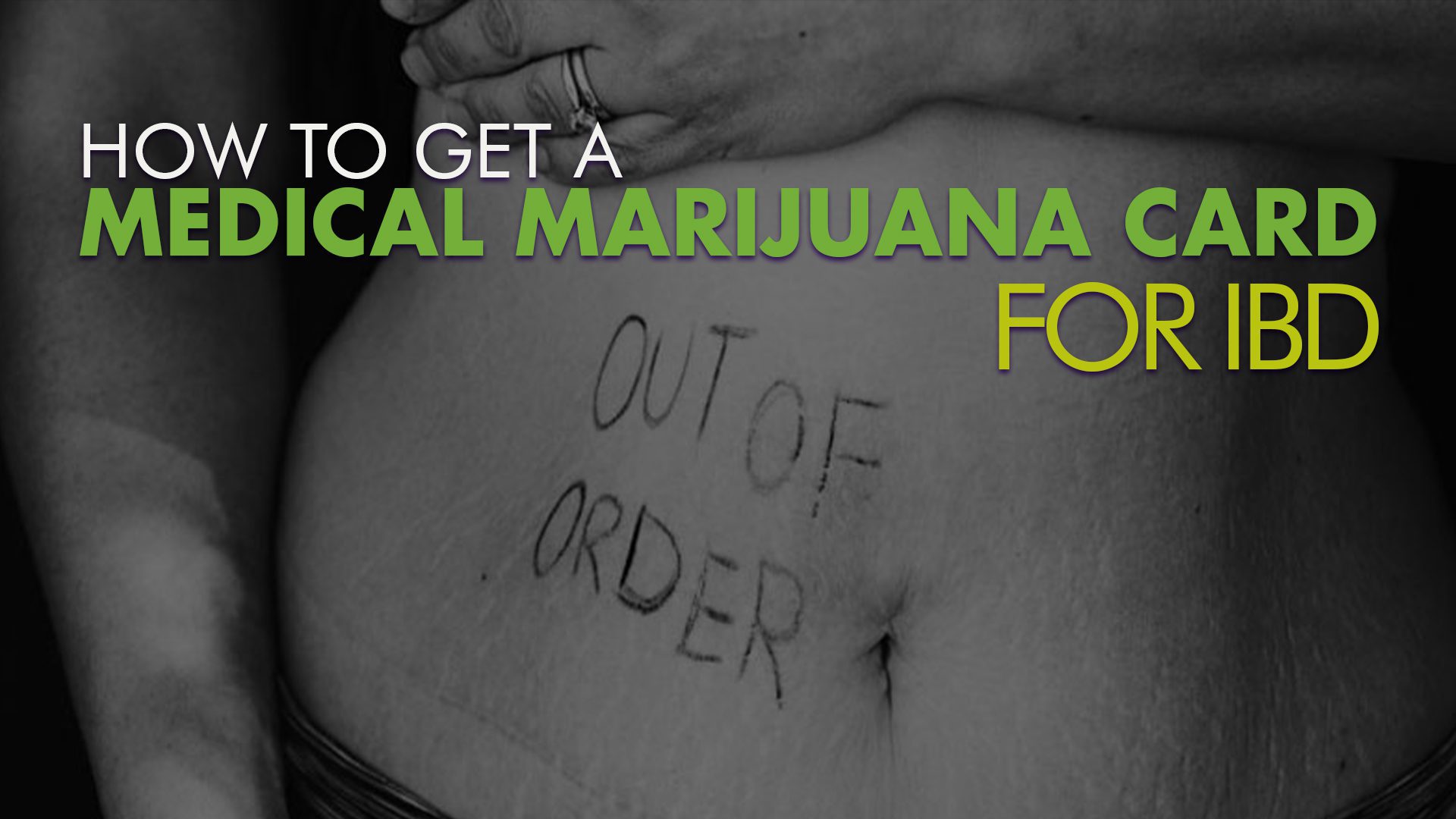Inflammatory Bowel Disease (IBD) is a condition caused by the immune system abnormally responding to natural intestinal bacteria and fungi. The two types of IBD are Crohn’s Disease and Ulcerative Colitis. Crohn’s Disease can affect any portion of the GI tract, from the mouth to the anus, and can cause damage to the full thickness of your intestines.
Ulcerative Colitis is limited to your colon and only affects the inner lining. Both can be devastating to patients and involve multiple symptoms and complications – that is why IBD is a qualifying condition in many states where medical cannabis is legal, Maryland and Missouri.
Symptoms and Complications of IBD Include:
- Diarrhea and/or passage of mucus without blood or pus
- Abdominal cramping
- Weight loss
- Fever and sweats
- Malaise/ fatigue
- Blood in stools (more common in UC)
- Tenesmus (feelings of incomplete stool passage, more common in UC)
- Fistulas, abscesses (more common in Crohn’s)
- Non-GI conditions like arthritis, uveitis, or liver disease
Getting Qualified for IBD
IBD is an idiopathic disease, meaning the exact cause of the immune system dysregulation is unknown. Gastroenterologists are able to diagnose IBD by using a wide variety of tools including radiologic imaging, colonoscopy/endoscopy and lab tests for certain proteins and inflammatory markers. Patients can bring any of these records to their certifying medical cannabis physician to provide proof of their condition, but if you aren’t able to provide medical records from your GI specialist, there are also specific treatments for IBD that can be potentially used as proof.
Common IBD-specific medications that can help qualify you for medical cannabis include:
- Aminosalicylates to control inflammation and help induce maintain/remission: sulfasalazine (Azulfidine), mesalamine (Asacol, Asacol HD, Pentasa, Lialda, Apriso), balsalazide (Colazal), and olsalazine (Dipentum).
- Immunomodulators: 6-mercaptopurine (6-MP) and azathioprine (AZA)
- Calcineurin inhibitors: cyclosporin A (CSA) and tacrolimus, which are sometimes used in combination with methotrexate (MTX)
- TNF-alpha monoclonal antibodies: infliximab (Remicade) and adalimumab (Humira)
How Can Medical Marijuana Help?
Since IBD is an inflammatory disease, medical cannabis is a great tool for helping to manage this condition. A 2014 study shows that cannabinoids can reduce inflammatory markers, especially when CB2 receptors in the gut are targeted. Activating cannabinoid receptors in the gut can also help promote healing. Another 2011 study shows that cannabis improves quality of life in IBD patients and also helps to improve weight gain. However, before getting started with medical marijuana, it’s important to focus on the right strains for your condition
How to Stimulate Appetite?
Nausea, diarrhea and cramping are common in IBD, and having fatigue on top of that mean that energizing, appetite-inducing Sativas or Sativa-dominant hybrids are great daytime options for IBD patients. Most strains containing both cannabidiol (CBD) and THC and great for managing these symptoms, but you’ll want to avoid those with cannabinol (CBN) or THCV during the day, as they are actually appetite suppressants. Also, try to get a nice relaxing indica before bed to reduce night time pain and diarrhea. For sleep, you actually do want to try and find strains with relaxing CBN in them.
The 1:1 CBD:THC Ratio
Cannabidiol is a very helpful cannabinoid for reducing inflammation when combined with THC. Using cannabis products with a 50/50 mix of CBD and THC is great for beginners, since CBD also helps to prevent the psychoactive effects of THC. For that reason, daytime strains like Harlequin and Cannatonic and evening strains like Critical Mass are good choices, so be sure to ask your local dispensary if they carry those or anything similar.
Inhaling cannabis or using tinctures is ideal for some IBD patients since their intestinal tract can have difficulty fully absorbing edibles. Other patients may find that having cannabinoids pass through their digestive tract first is actually more helpful. With trial and error, we’re confident you can find the right options if you are part of the majority of people who respond favorably to cannabis.
Green Health Docs provides guidance on the use of medical cannabis to treat many different ailments and conditions, including IBD. We also broadcast our educational sessions on YouTube and Facebook. For more information or to learn more about becoming a legal medical cannabis patient in Maryland or Missouri, call or text us at 1-877-242-0362.



Leave a Reply